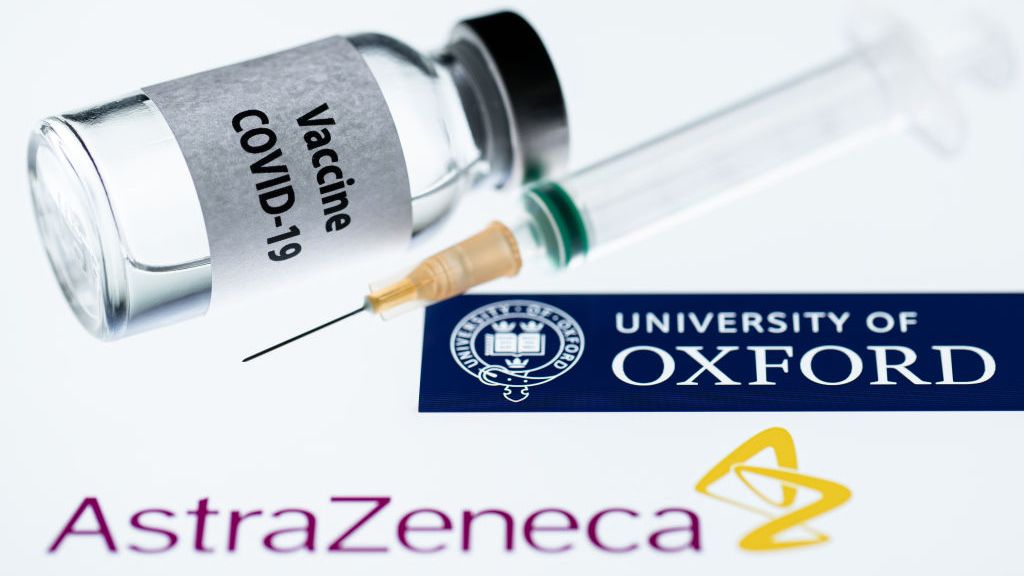AROUND 30,000 people in Ireland are to have their planned vaccines deferred this week amid the fallout from the AstraZeneca concerns.
Ireland has joined a number of other countries in 'temporarily deferring' the use of the AstraZeneca Covid-19 vaccine as per the recommendation of the Health Products Regulatory Authority (HPRA) and the National Immunisation Advisory Committee (Niac).
The move comes following the publication of new data by the Norwegian Medicines Agency which showed that three health workers in Norway who had received the vaccine were subsequently treated for bleeding, blood clots and a low count of blood platelets (thrombocytopenia).
All three workers were under the age of 50.
Minister for Health Stephen Donnelly has confirmed that an estimated 30,000 people who would have received their first vaccination this week have now had it deferred due to the temporary ban on AstraZeneca.
Those due to be vaccinated include healthcare workers as well as people in Cohort 4 of the vaccine rollout: people aged 16 to 69 who are 'at very high risk', such as those being treated for cancer, chronic respiratory disease or who are immunocompromised (You can find the full list here).
 Getty
GettyAccording to RTÉ News, Minister Donnelly said he understood the news would be disappointing but he was hopeful the European Medicines Agency (EMA) could assess the vaccine and prove it to be safe this week, and that the deferral will be a short one.
The Norwegian health authorities have been keen to stress that the suspension is, at this stage, temporary as it is not yet clear whether these cases are linked to the vaccine.
Ireland's own deputy Chief Medical Officer, Dr Ronan Glynn, also stressed that "it has not been concluded that there is any link between the COVID-19 Vaccine AstraZeneca and these cases", however they are acting on a "precautionary principle".
AstraZeneca has responded to the temporary suspension, highlighting its previous analysis of covered over 17 million cases where the vaccine was administered, which offered no evidence of any increased risk of pulmonary embolism, deep vein thrombosis or thrombocytopenia.
A company spokesperson said no trends or patterns of this kind were observed during clinical trials either.
“The reported numbers of these types of events for Covid-19 vaccine AstraZeneca are not greater than the number that would have occurred naturally in the unvaccinated population," a spokesperson for the company said.

